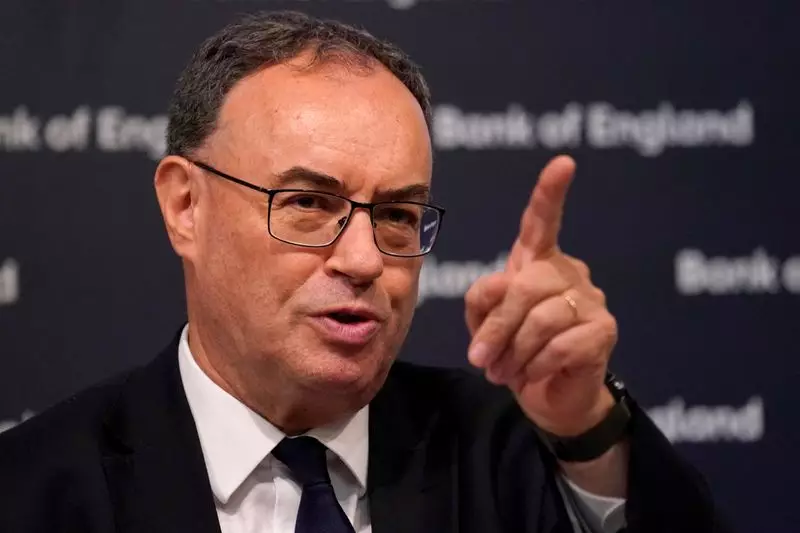As the economic landscape continues to evolve, the Bank of England (BoE) finds itself at a crossroads, where decisions on interest rates carry significant weight. With the current benchmark Bank Rate resting at 5%, following a notable reduction for the first time in four years, all eyes are on the central bank’s next move. There’s a growing sentiment among investors that another cut could be on the horizon, as they anticipate a quarter-point reduction in November. However, this optimism is tempered by caution due to fluctuating global tensions.
Recent statements from BoE Governor Andrew Bailey reveal a nuanced perspective on inflation. He acknowledged a decrease in inflationary pressures that has exceeded initial BoE expectations, hinting at a possible shift towards a more proactive approach in monetary policy. This suggests that the central bank is more open to cutting rates should indicators remain favorable. However, the optimism surrounding domestic inflation is marred by external geopolitical factors, particularly conflicts in the Middle East, which could destabilize oil prices.
Bailey’s cautionary remarks emphasize the interconnectedness of global events and domestic economic policy. The conflict in the Middle East, described as tragic by Bailey, poses a significant risk to economic stability. The potential for escalating tensions to influence oil prices cannot be overlooked, as these price fluctuations have direct implications for inflation and cost of living. Bailey pointed out that while there is a commitment to stabilizing the oil market, unpredictable geopolitical developments could quickly alter the situation, leading to possible economic fallout.
Given the fragile nature of today’s global economy, the BoE must navigate through uncertainties while balancing competing pressures. The debate over whether the bank ought to take a more “activist” stance reflects the challenge faced by central banks worldwide. While the prospect of cutting interest rates may stimulate economic activity, it necessitates a careful evaluation of potential inflationary consequences from rising energy costs. Each decision comes with its risks, especially in a setting where external factors can swiftly undermine domestic initiatives.
The BoE’s upcoming decisions on interest rates hinge not only on domestic economic indicators but also encompass a broader geopolitical framework. The interplay between inflation dynamics, interest rate adjustments, and global conflicts illustrates the complexity of economic governance. As the central bank prepares to make crucial decisions, the upcoming months will reveal whether a more aggressive monetary stance can effectively address the challenges posed by an increasingly volatile environment. The choices made today will resonate within the UK economy for years to come, underscoring the imperative for cautious, yet responsive economic stewardship.

